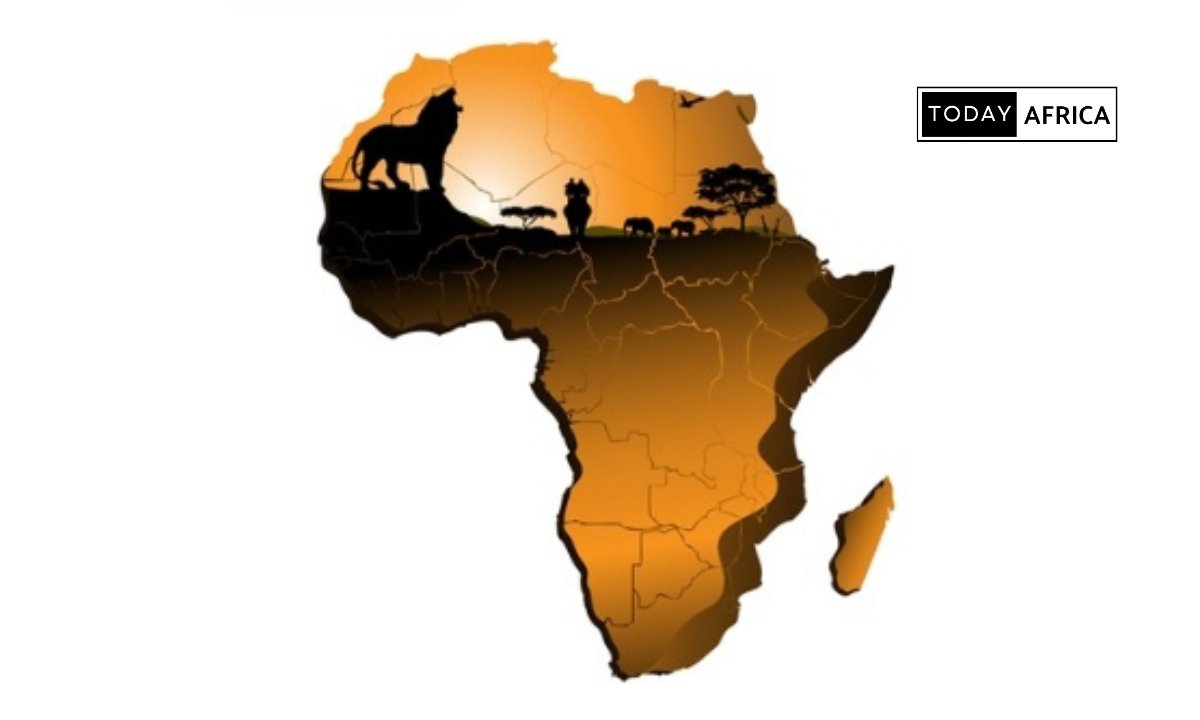Canal+ plans to boost its stake in Mauritius’ pay-TV MC Vision from 37% to 75%, pending regulatory approval, aiming to become the majority shareholder.
Currimjee Jeewanjee and Co., which co-founded MC Vision, will reduce its stake from 57% to 25%, while the state-owned Mauritius Broadcasting Corporation will sell its 10% share.
With this majority stake, Canal+ plans to enhance its audiovisual content and services for Mauritian households, backed by support from its group.
The French firm seeks to strengthen its position in the competitive entertainment market on the continent. The exact amount for this acquisition remains undisclosed.
Canal+ plans to raise its stake in Mauritian digital pay-TV company MC Vision from 37% to 75%, but this is pending regulatory approval.
Recall in February 2024, South Africa’s Takeover Regulation Panel (TRP) cautioned Canal+ and MultiChoice stake buyouts to make mandatory offers to other shareholders of the company.
This came after the French media company announced its intention to acquire South African broadcaster MultiChoice. Canal+ subsequently increased its stake from 35% to 40.8% with a $3 billion share purchase, owning an additional 3,374,668 shares in the payTV company. The combined entity is set to be listed in Europe and Johannesburg.
Read Also: TikTok Reduces African Workforce Amid Global Restructuring
In March, Canal+ also acquired stakes in Senegal’s production company, Marudi TV, strengthening its position in Francophone Africa.
Canal+ boasts over 4,00 hours
The French company now boasts over 4,000 hours of African content across 30 channels in over 10 languages on the continent.
MC Vision, which offers encrypted pay-TV services, was established through a joint venture between Currimjee Jeewanjee and Canal+ and has been operational for over 20 years.
Founded in 1999, MC Vision has transitioned from unconventional digital satellite TV to offering premium and exclusive content. Despite this evolution, the company faced a $27 million revenue loss for the year ending December 2022 due to low consumer confidence, a weaker currency, rising piracy, and high content costs, particularly for live sports.
















